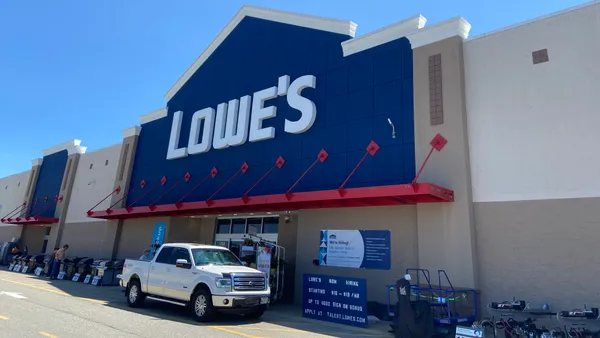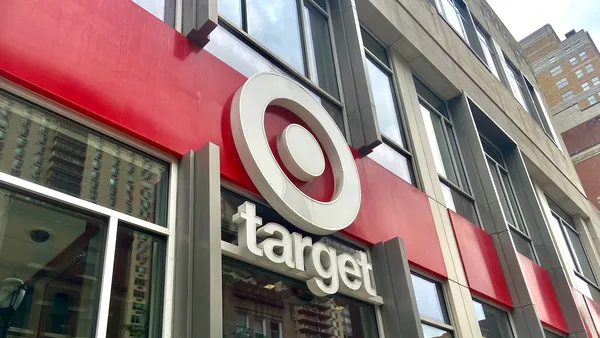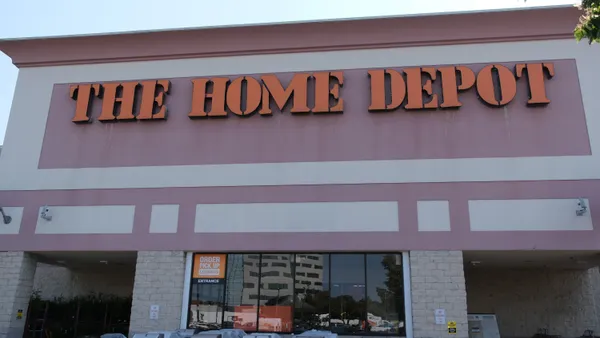Dive Brief:
-
Milwaukee is mulling a plan to keep department store Boston Store open in its downtown for three more years in return for $1.2 million cash, on top of tax credits parent Bon-Ton has already received. Many cities are similarly giving subsidies and tax enticements so department stores will sign long-term leases.
-
U.S. Census data shows that department store sales have been falling since the early days of the new century.
-
E-commerce is picking up and is a successful area for many department store retailers. But specialty stores have hurt business at physical stores, experts say, which is in turn hurting urban centers.
Dive Insight:
It may be hard to remember now, but department stores were once destination spots that offered a unique experience for urban customers. These days, many cities like Milwaukee have turned to traditional department stores as part of their strategies to revitalize their downtowns, giving them subsidies and tax enticements to sign long-term leases. But both downtowns and department stores are struggling. So department stores must change — or go.
How can they get back to being designation places? Companies like Nordstrom are having success with boutiques within their stores and continued excellent customer service. Ideas for change abound, some from unlikely sources. But the question of how department stores can change to survive, downtown or anywhere, has yet to be fully answered. Until they do, they can't do much for the cities they're in.












